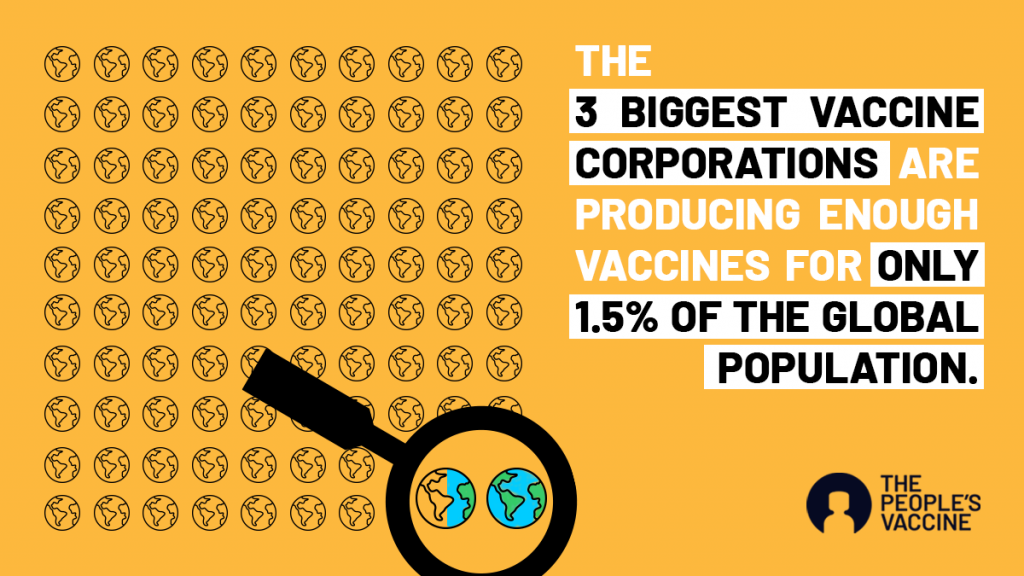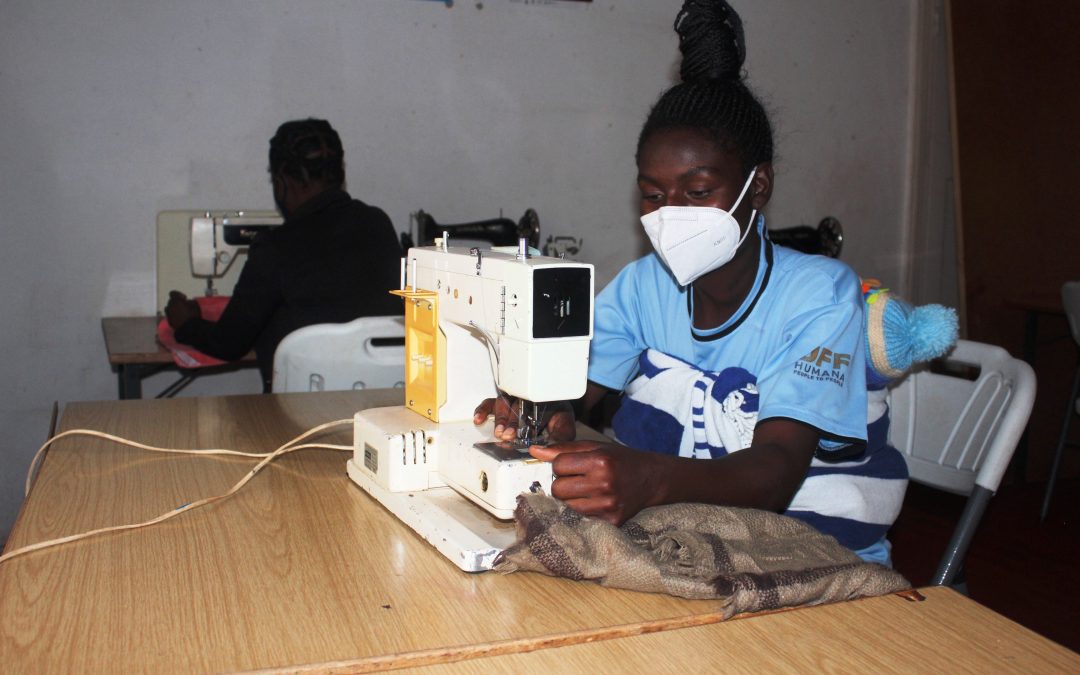
by dapp | Nov 9, 2021 | Blog, News
Adolescent girls and young women (AGYW) in Zimbabwe are disproportionately affected by HIV due to socio-economic vulnerability, poor access of sexual and reproductive health services, harmful traditional practices, sexual and gender-based violence among other factors.
It is against this background that DAPP Zimbabwe through its HOPE Bindura project is implementing the Determined, Resilient, Empowered, Aids-Free, Mentored And Safe Adolescent Girls And Young Women (AGYW) Program targeting 25 girls aged 9-24 years from Bindura Rural District. The program seeks to empower the AGYW and young women with HIV and sexual and reproductive health rights (SRHR) information and services to reduce the number of new HIV infections.
Through the establishment of an Adolescent SRHR club at Wayerera Secondary School the program allows girls get correct and accurate information around sexual and reproductive health, life skills and economic-strengthening issues. Armed with knowledge and skills the girls are able to seek out health services and combination HIV prevention options. The girls are also provide with sanitary wear to allow them to remain in school
Economic empowerment is also a pillar of the program where mentors empower girls through trainings in financial literacy, Internal Savings and Lending (ISALs) and small business management with support from various stakeholders such as the Ministry of Women Affairs, Community Small and Medium Enterprises and the Ministry of Primary and Secondary Education.
The program also aims to break the barriers to communication between adolescent girls and parents by engaging them to encourage primary sexual health lessons and increase awareness against child sexual abuse and harmful gender norms.
The program is made possible with the financial support from UFF HUMANA

Girls receive re-usable sanitary pads -File Image
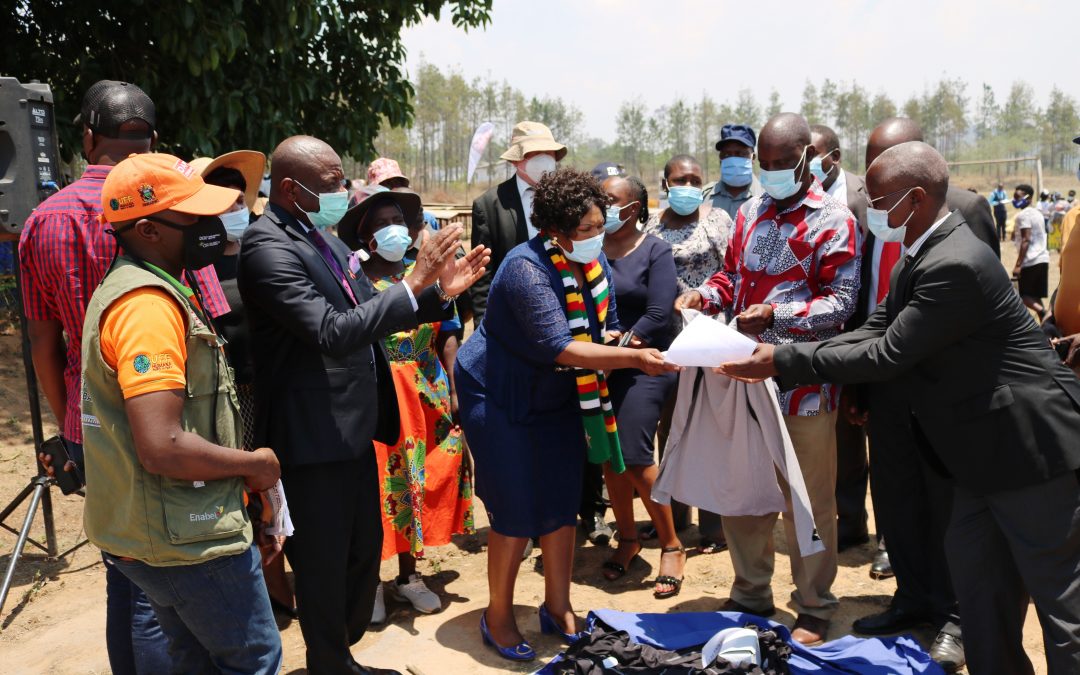
by dapp | Nov 9, 2021 | Blog, News
Development Aid from People to People in Zimbabwe (DAPP) handed over hospital and school equipment worth thousands of dollars to five schools and three clinics in Manicaland province at an event held at Kukwanisa Vocational Training Centre on the 3rd of November 2021.
The donated goods which include as electric hospital beds,crutches, and blankets, uniforms,Personal Protective Equipment, school desks, chairs among other essentials under the Recycling for Development initiative
Speaking at event as the guest of honor, Minister of State for Manicaland Provincial Affairs and Devolution Honorable, Nokuthula Matsikenyere commended DAPP and UFF -Humana for the continuous support of development work in Mutasa District saying “the donation of school education materials and medical equipment come at a crucial time when everyone is struggling with the effects of COVID-19”
Honorable Matsikinyere said the community outreach component of their program is counted among the essential services working to improve the lives of the communities.
Speaking at the same occasion, DAPP Zimbabwe Country Director, Luckson Soda says the Recycling for Development initiative reduces waste while creating value for people in need. “DAPP’s main task to bridge the gap between the rich and poor by mobilizing resources from the place of abundance to the place of need”
Meanwhile Sagambe Primary School Headmaster Evans Mwaturura commended DAPP for its support at the school. “The efforts by DAPP is greatly appreciated as it will help our pupils to learn in a comfortable environment since some pupils were learning seated down on the floor and this had a downside during examination time”.
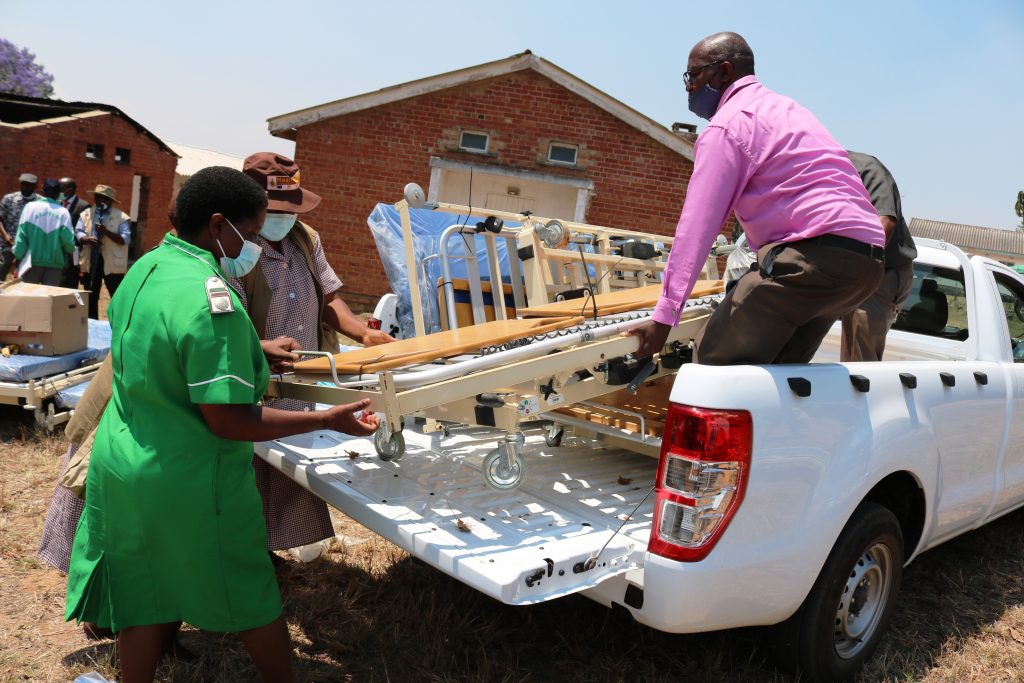
Nurse helping to load medical equipment donations into a truck

by dapp | Jun 15, 2021 | Blog, News
Development Aid from People to People (DAPP) Zimbabwe HOPE Bindura in partnership with UFF-Humana has launched a youth communication center aimed at improving internet access and computer literacy skills among in and out of school youths in Mashonaland Central Province. The communication center which is an initiative of two HOPE Bindura volunteers is expected to increase access to information through innovative, interactive Information, Communication and Technology (ICT) based solutions.
Speaking during the official opening of the center, Minister of state affairs and devolution for Mashonaland Central Province Honorable Monica Mavhunga said, the timely intervention of UFF- Humana comes at a time where social concern on drug abuse, reckless behavior and early child, marriages has been on the rise in Mashonaland Central Province. “I believe this center will not only strengthen skills development but will also open up new employment opportunities and increase incomes for sustainable growth”. Honorable Mavhunga commended the duo who spearheaded the formation of the center saying that the true development happens when people work hand in hand to improve their communities.
Speaking at the same occasion DAPP Program’s Director Ruth Makumbe highlighted that communication facility will bridge the digital divide and aid students in their studies and soft skills development. Ruth Makumbe further said DAPP aims to extend such initiatives to other provinces in line with the government’s rural digital transformation drive. “We will continue to support the Government of Zimbabwe in its efforts to ensure that communities have access to Information Communication Technologies (ICTs) for development”
The co-founders of the Youth Communication Centre initiative Tatenda Muchawuya and Ross Phiri said they hope that the center will act at as portal to a global village that is critical for youth. “Connectivity is a key driver of youth development and thanks to UFF-Humana, the young people of Mashonaland central will have access to new opportunities across the board”
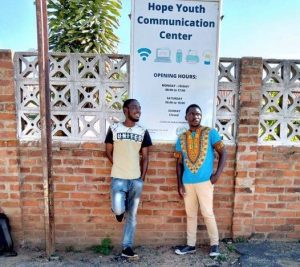
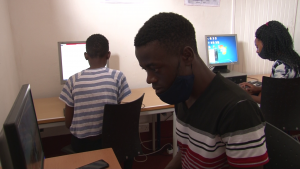
DAPP HOPE Bindura Program’s Manager Becky Njopera said the center is on the trot despite being in the infant stages. “So far 300 youths have visited the center and 25 have received computer literacy training. We hope to reach out to more young people with various skills development trainings”
The Acting Country Director for DAPP Zimbabwe Luckson Soda took the opportunity of the UFF-Humana funded Bindura Youth Communication Center, official launch, to accentuate the long-standing relationship between DAPP Zimbabwe and her sister organization, He appreciated the gesture of selflessness demonstrated by the people of Denmark in sourcing the much-needed resources for development work in Zimbabwe. “UFF-Humana supports the work in Zimbabwe through partnering with other development agencies in Denmark like Recycling for Development and Danish Emergency Relief Fund (DERF) who have been pillars of support to our emergency and development work. The gesture is especially huge, coming to the Zimbabwean community, where only one quarter of the population is said to have access to the internet and about 23% have access to a computer”.
Luckson Soda highlighted that the computers and second-hand furniture has added immense value to the community by redefining the youth culture which now consists of visiting the center for research and recreation both of which are critical in shaping the innovative future of the youths. “I envision the center being a hive of activity for thousands of youths coming to interact and learn”. He could also see the continued relationship with UFF-Humana as a window of opportunity for reaching out to other marginalized districts of Zimbabwe.

by dapp | Apr 24, 2021 | Blog, News
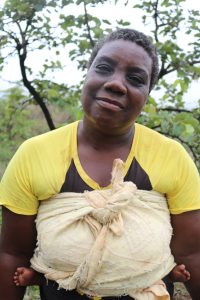
My name is Sylvia Chikwamba I’m a 57 year old small scale farmer from Mvere village in ward 19 of Mutasa District. I am the sole bread winner for my family of 4. Working in my small field for years I noticed a significant decline in my harvest resulting in us not having enough food for the household.
DAPP through the Sign of Hope Project came to my rescue. I was enrolled in the project where we were introduced us to Agroforestry as a means of making an income and environmental protection. I, like many other villagers used to cut trees for firewood and for domestic use as well as for selling to generate income but now I am in the forefront of educating others of the benefits of adopting Agroforestry
Through lessons conducted by DAPP we established tree nurseries and we are sell seedlings as well as conducting budding and grafting. I am proud to say that each month I generate between USD 20.00 to USD30.00 from selling trees from my nursery. I have also established a woodlot with 100 fruit trees which I expect to generate income from selling fruits as well as improve nutrition for my children in the near future.
Armed with the skills and knowledge of growing trees to replace those that are cut down we are playing our part in fighting climate change.
Furthermore, I’m now a proud empowered woman who is now capacitated in conservative smart agriculture and also in leadership skills. I look forward in educating my fellow community members with the skills I now have thanks to DAPP and Sign of Hope
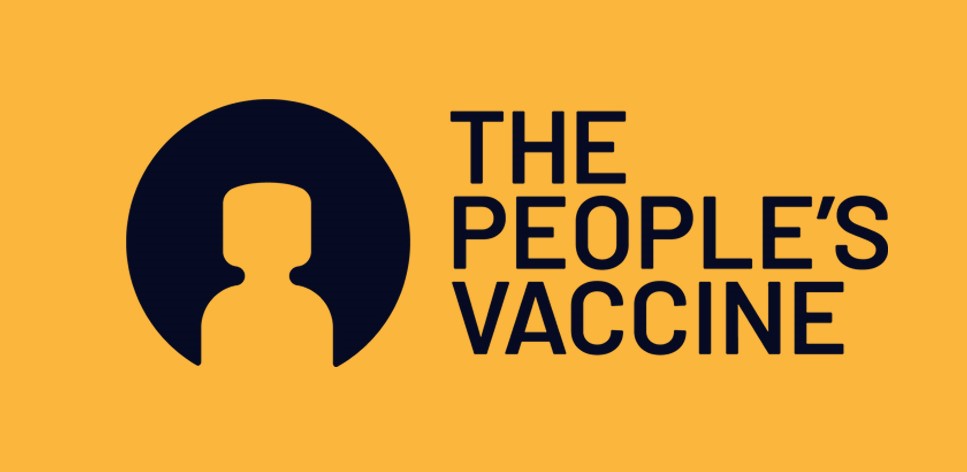
by dapp | Mar 9, 2021 | Blog, News
The right to health belongs to every person, regardless of who they are, where they live, or how much money they have. Now that COVID-19 vaccines have been found, it must be available to all people. In all countries. Free of charge. It must be a People’s Vaccine.
Inequality and poverty are depriving people in the race to roll out COVID-19 vaccination mostly in the middle and low income countries. It cannot be a business as usual, with a for-profit approach, there needs to be a change. One that saves lives and helps the battle against the coronavirus.
‘A COVID-19 vaccine must be seen as a global public good, a people’s vaccine,’ said the United Nations Secretary-General Antonio Guterres at the 4 June 2020, Global Vaccine Summit. The key message shared by the UN Secretary General is at the center of the growing concern for making the COVID-19 vaccine free for all and not a profit venture.
Humana People to People have joined The People’s Vaccine Alliance, a growing movement calling for COVID-19 vaccine to be treated as a public good and not for profit. The People’s Vaccine Alliance is a coalition of organisations including Amnesty International, Free the Vaccine, Frontline AIDS, Global Justice Now, Oxfam, Public Citizen, SumOfUs, Tearfund, UNAIDS and the Yunus Centre.
The solidarity shared among these progressive health and humanitarian organisations, past and present world leaders, health experts, faith leaders and economists is centered on urging for safe and effective vaccines development, rapid production at scale and made available for all people, in all countries, free of charge.
Our best chance of staying safe is to ensure a COVID-19 vaccine is available for all as a global common good. This will only be possible with a transformation in how vaccines are produced and distributed — pharmaceutical corporations must allow the COVID-19 vaccines to be produced as widely as possible by sharing their knowledge free from patents.
Instead they are protecting their monopolies and putting up barriers to restrict production and drive up prices, leaving the majority of humanity in less endowed countries in danger. No one company can produce enough for the whole world. As long as vaccine solutions are kept under lock and key, there would not be enough to go around. We need a People’s Vaccine, not a profit vaccine.
Emerging economic powerhouses such as China and India are starting to donate some of their COVID-19 vaccines to the Less Developed Countries of Asia, Africa, South and Central America. The good gesture is worth applauding, especially coming from two countries which have their own challenges to overcome.
Humana People to People support the People’s Vaccine Alliance in calling on the first world countries’ governments and the big pharmaceutical companies holding the COVID-19 power dynamics to ensure that the COVID-19 vaccines are provided free of charge to everyone
.